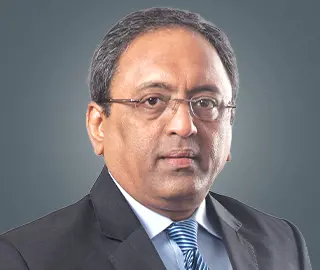Indian multinational company Larsen & Toubro’s (L&T) Chairman S.N. Subrahmanyan has ignited a heated debate with his proposal advocating for a 90-hour work week. His remarks have drawn comparisons to Infosys co-founder Narayana Murthy’s suggestion of a 70-hour work week, further fueling discussions about work-life balance and productivity in India’s corporate culture.
In a video that has gone viral, Subrahmanyan highlighted the need for extended work hours to enhance competitiveness and productivity. He cited a conversation with a Chinese professional who stated that workers in China clock 90 hours weekly compared to 50 hours in the US, urging Indian employees to adopt a similar work ethic.
“If I can make you work on Sundays, I will be happier, because I work on Sundays too,” Subrahmanyan stated. He further questioned the value of time spent at home, controversially remarking, “How long can you stare at your wife? How long can wives stare at their husbands? Get to the office and start working.”
Subrahmanyan’s comments come on the heels of Narayana Murthy’s earlier recommendation for young Indians to work 70 hours a week to boost the nation’s productivity. Murthy’s suggestion had already faced backlash, with critics arguing that it undermines the importance of work-life balance and employee well-being. Subrahmanyan’s more extreme stance has intensified this debate, drawing widespread criticism.
The remarks have been met with sharp opposition, with many labeling them as promoting “corporate slavery.” Social media users and employee advocacy groups have expressed concerns about the physical and mental toll of extended working hours. Critics argue that such proposals disregard the importance of personal time and fail to account for the diminishing returns of overwork.
The controversy highlights a growing divide in perspectives on productivity and corporate culture in India. While some industry leaders emphasise extended hours as a pathway to global competitiveness, others advocate for sustainable work practices that prioritize employee health and work-life balance.















